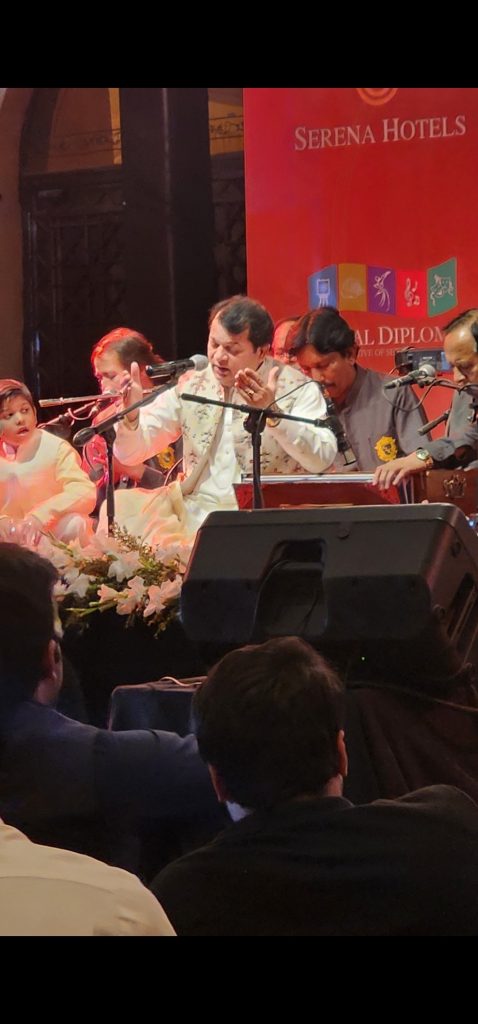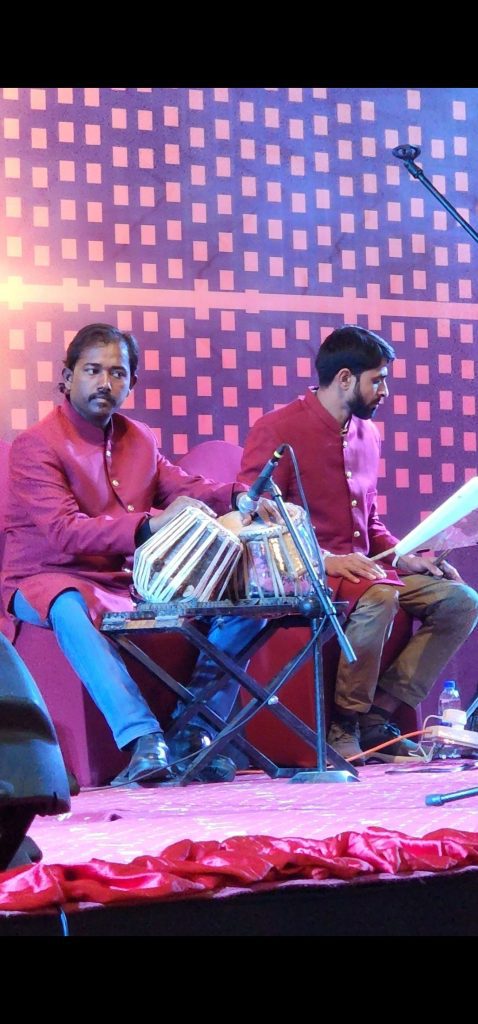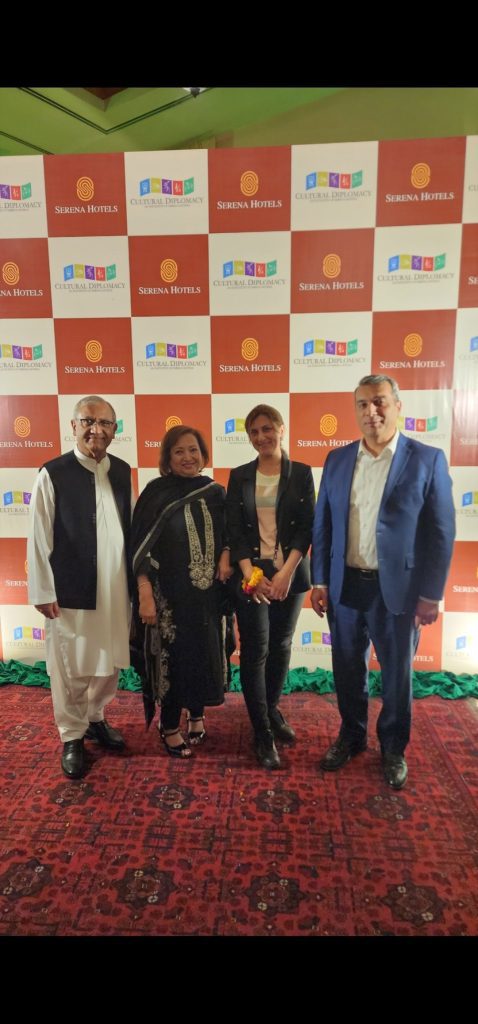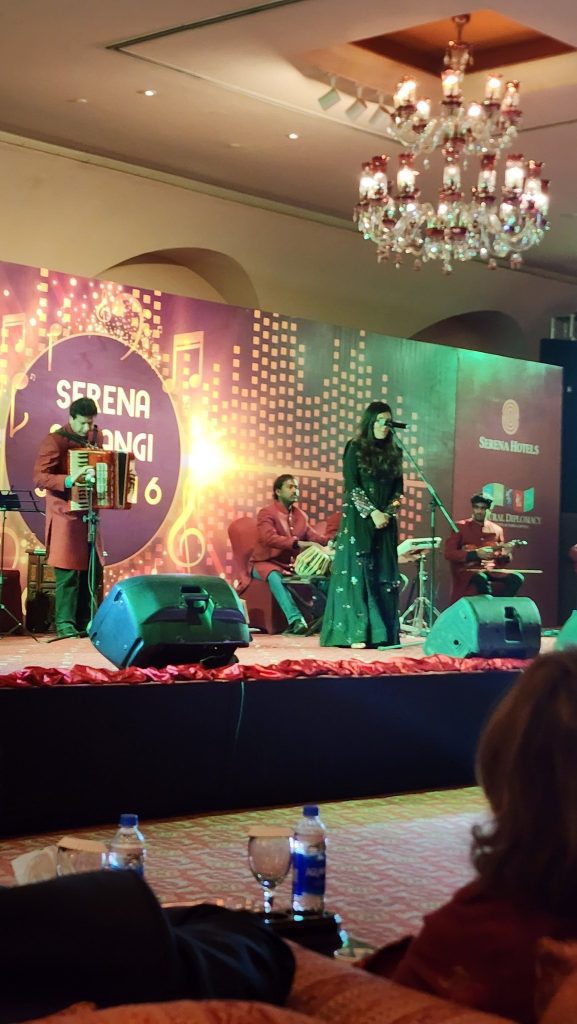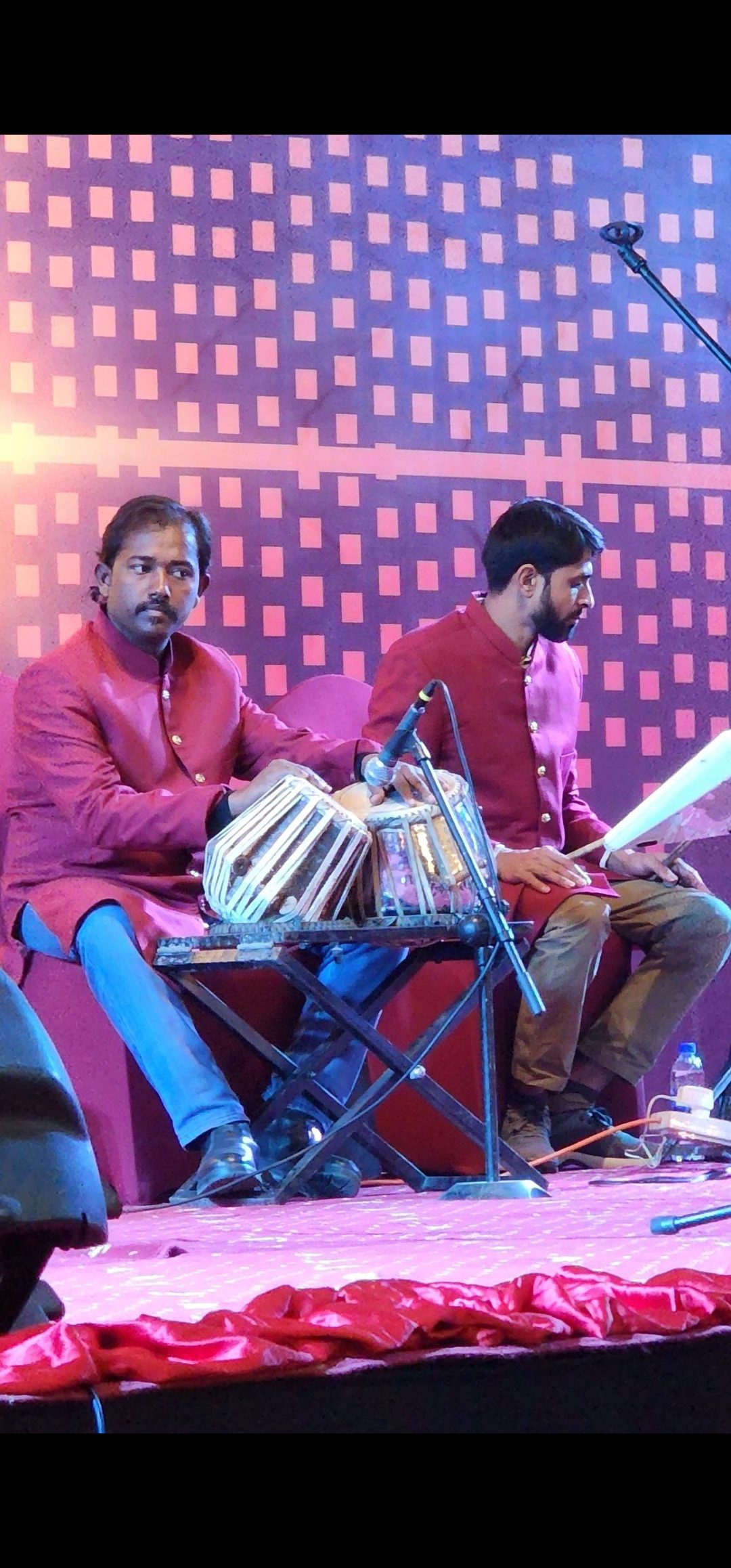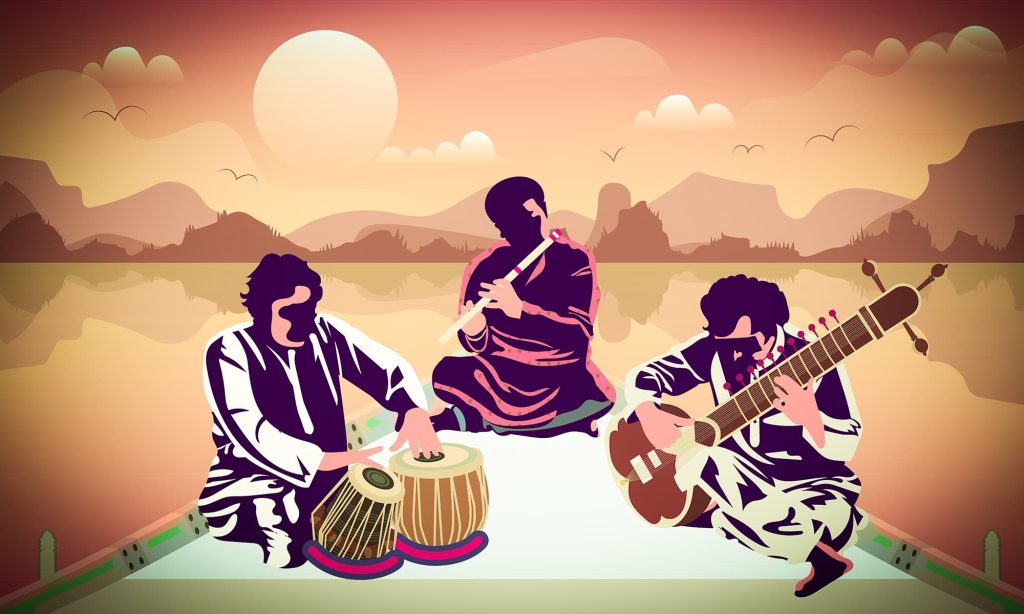
Pakistani music, as diverse as its multinational population, ranges from Qawaali, to Sufi Islam, to good old fashion rock-n-roll. It includes diverse elements ranging from music from various parts of South Asia as well as Central Asia, Persian, Turkish, Arabic and modern day Western popular music influences. With these multiple influences, a distinctive Pakistani sound has been formed.
Ghazals are traditionally the expression of love, separation or loneliness. Ghazals in Pakistan are revolutionized by the legendary Ghazal singer Mehdi Hassan.
Sufi music of Pakistan is the devotional music of Sufis. Inspired by the works of Sufi poets like Rani, Bhully Shah, Amer Khusro and Khwaja Ghulam Fareed. The landscape of Sufi music of Pakistan has dominated by the likes of Abida Parveen. She brought Sufi music to whole new level and gave it the whole new identity.
Qawaali is the most well-known form of Sufi music and most commonly found in Pakistani golden past. Qawaali the most dynamic and popular type of Pakistani music is none other then Qawaali which has been internationally popularized by the stars like of Sabri Brothers, Aziz Miyan, and Nusrat Fateh Ali Khan.
In the 1970s influenced by the disco and funk, the king of Pakistani pop Alamgir came into limelight. Alamgir brought a new form of music in Pakistan. One that blended the classical forms with the tint of modern western music. Hit after another, he proved to be the most successful musician of his time. After the time of legendary pop singers such as Ahmed Rushdi and Alamgir, Nazim Hassan hit the limelight of Pakistani music industry in the 1980s and revolutionized the disco-pop in Pakistan. Nazia along with her brother Zohaib Hassan produced successive hits. Their songs “Disco Dewany” and “Tere Qadmoon Ko” became the rage all over Asia to such extent that their very first album was declared the best selling album of the time in Asia.
Folk Music of Pakistan includes the traditional forms of Balochi, Pashto, Punjabi and Sindhi folk songs and music. Pakistani pop singers such as Raheem Shah, Abrar-ul-Haq, and Jawad Ahmed have been known to make their performances with traditional folk music.
MUSIC ICONS OF PAKISTAN
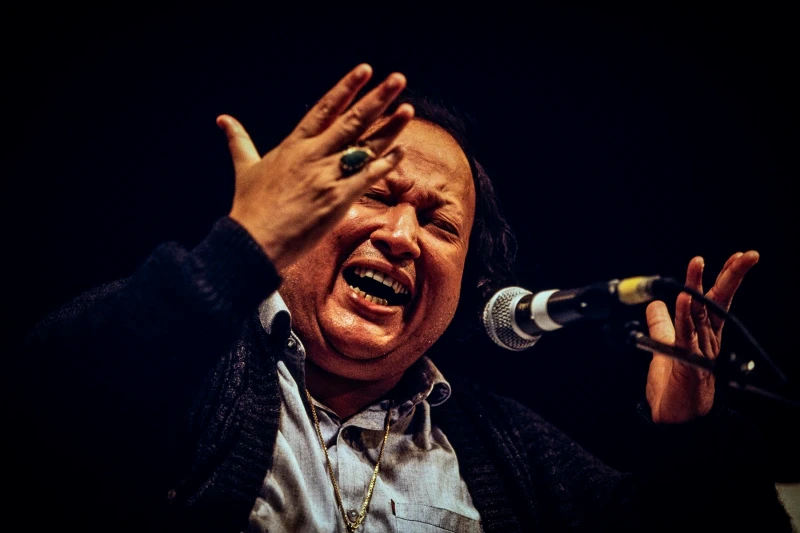
Nusrat Fateh Ali Khan (1948-1997), he was a legendary Pakistani vocalist and musician, primarily a singer of Qawaali, a form of Sufi Islamic devotional music. He possessed an extraordinary range of vocal abilities and could perform at a high level of intensity for several hours.
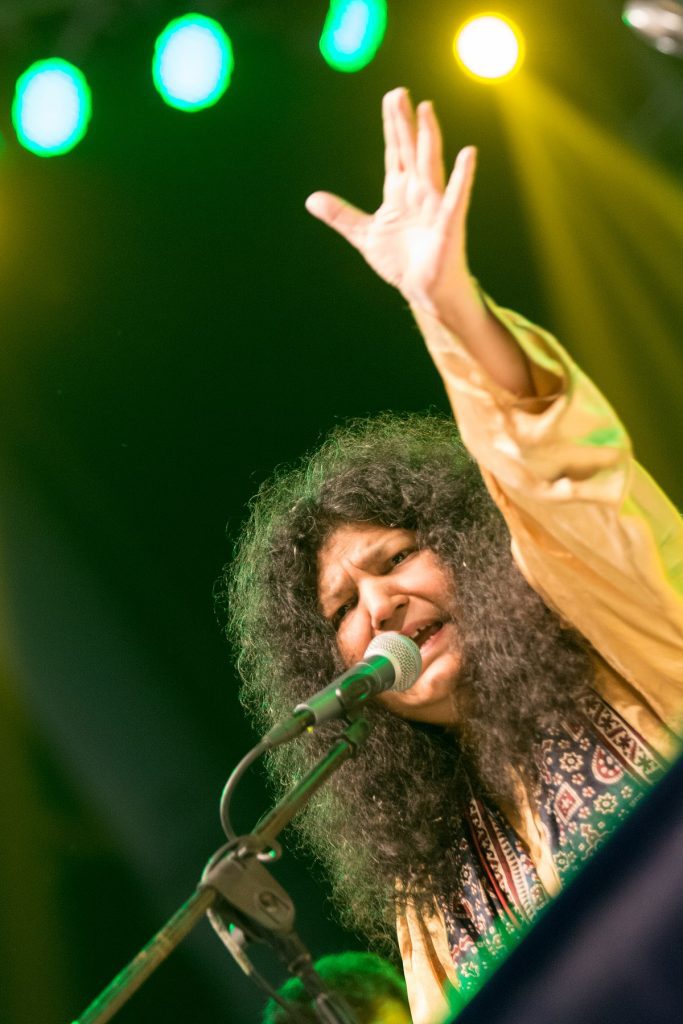
Abida Parveen (1954), is a Pakistani Sufi Muslim singer, composer and musician. Her singing and music has earned her many accolades, and she has been dubbed as the “Queen of Sufi music”.
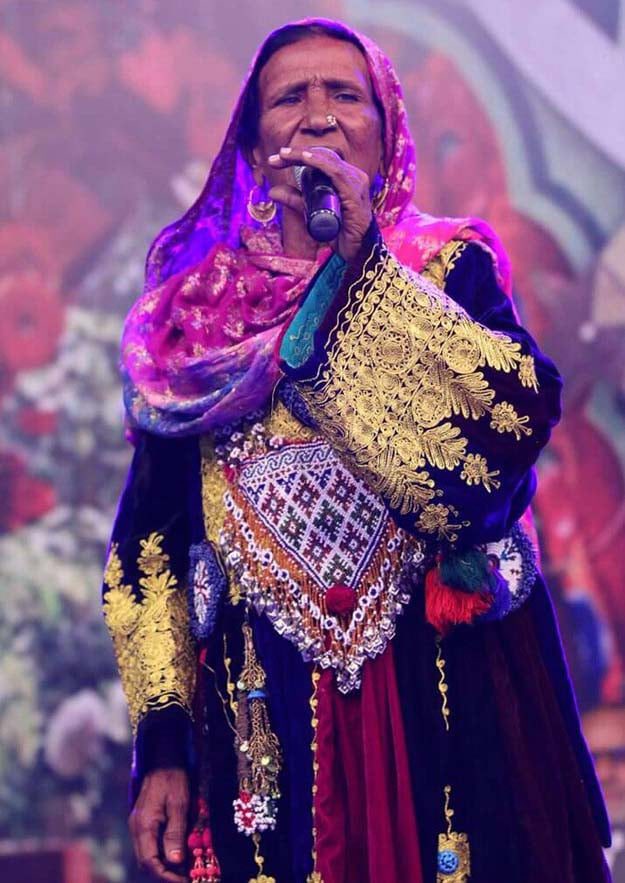
Zarsanga (1946), is a famous pushto singer, widely known as “The Queen of Pushton Folklore”. She has enthralled thousands of Pakhtuns and local people with her voice.
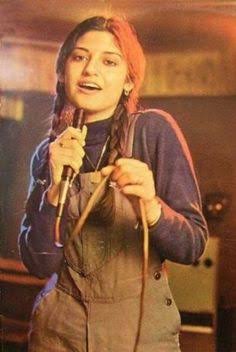
Nazia Hassan (1965-2000), was a Pakistani pop singer-songwriter. She enjoyed widespread popularity across South and Southeast Asia and has been called the “Queen of Pop” in South Asia.
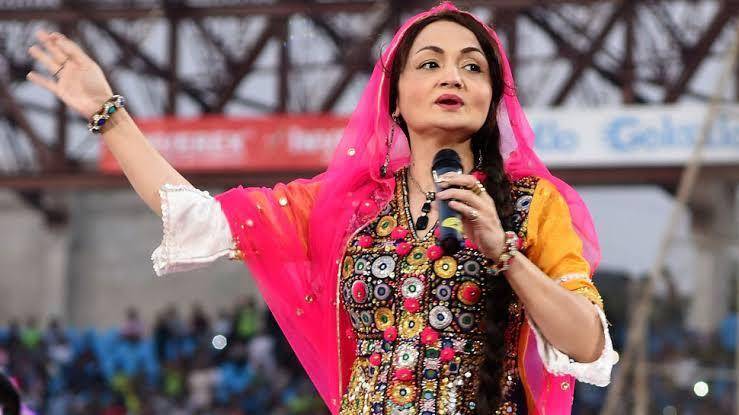
Shazia Khushk (1970) is a Pakistani Former Folk singer. She has sung more than 500 songs on sufism – folk music in multiple languages. She performed in 45 countries of the world.
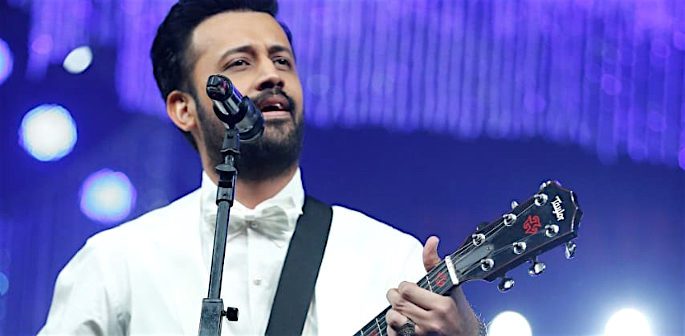
Atif Aslam (1983), a Pakistani pop singer song writer, has recorded numerous chart – topping songs and known for his vocal belting technique also awarded with Medal of Distinction in 2008.
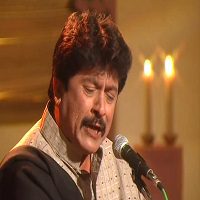
Attaullah Khan Esakhelvi (1951), he is a Mianwali – born vocalist, considered as a folk – icon and most popular singer in history of Pakistan. Esakhelvi regined supreme and unchallenged in the cultured music salons of elites.
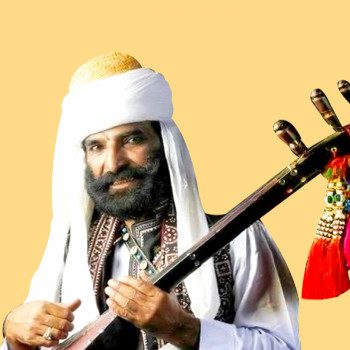
Akhtar Chanal Zahri – (1954), he is a famous Balochi Folk singer, also a form of Sufi devotional music. He received “Pride of Performance Award” for extraordinary range of vocal abilities.
MEHFIL- E – SAMAH PERFORMANCE BY QAWAAL ASIF ALI SANTOO, ARRANGED BY SERENA HOTEL ISLAMABAD UNDER THE LEADERSHIP OF CEO SERENA HOTELS, PAKISTAN, AZIZ BOOLANI.
